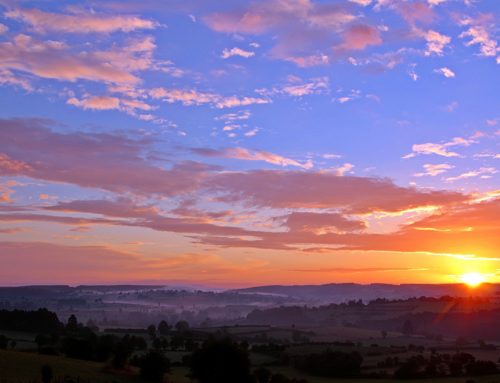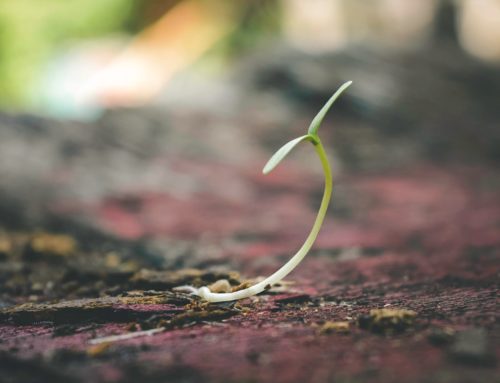Leadership is often a lonely place, where difficult decisions need to be made, which can at times be unwelcome or met with resistance. We see that on a daily basis as we watch our political leaders dealing with the pandemic, facing anti-vax sentiment, demonstrations that have broken out into violent clashes with police and the weariness of many of us living with the curtailing of our freedoms through lockdowns.
Maybe this experience might make us more sensitive to the situation we read about in this week’s passage from the book of Esther. Most of us might not have lived under an oppressive regime where a dictator or an Emperor retains absolute power, but this is the context of the book of Esther. Esther is a Jewish orphan adopted by her cousin Mordecai and living in the Persian capital of Susa in exile from her homeland. Her Hebrew name is Hadassah, but she chooses to use her Persian name just as Mordecai has chosen not to live in the Jewish Quarter but in the city near the palace and it seems that he is trying to keep his Jewish identity below the radar as he works as an official at the palace. All this alerts us to the precariousness of their situation.
They are not free to do as they wish. They don’t have the kind of legal framework we enjoy that safeguards work conditions or civil liberties. They have been dis-empowered and no doubt felt at times as though God had abandoned them. When the king orders his wife, in the middle of a lavish feast where wine has flowed too easily to come and parade her beauty to his guests, she refuses. She does not want to be regarded as an object and talisman. Despite all his power the king now feels impotent and in a drunken rage dismisses his wife only to regret it later. In choosing a new bride the king is looking for someone who will not cross him in future but remain submissive and obedient. It is into this oppressive situation that Esther finds herself when she is chosen to be Queen. She is to be there at the beck and call of the king but living under very controlled conditions where she has virtually no rights despite the fact that she is married to the king. If she turns up at court unwelcome she could be put to death, so when she learns that the King’s right-hand man is hell-bent on annihilating her people she is placed in a very difficult position. What could she do?
Isn’t that how we often feel about world affairs like climate change, or the way asylum seekers are treated? So what does Esther do? Knowing all the risks Esther makes her decision and the first thing she does is ask that her people pray for God to help her. The second thing she does is to use what little power she has to convince the king to help her save her people.
If you don’t know the whole story of how she does that I invite you to read it for yourself for it shows Esther to be courageous, clever and creative.
One of the themes tackled by the book of Esther is how to live when deprived of those freedoms we formerly took for granted, and how to do that with integrity, using our limited personal and corporate resources to bring life and hope into a dark situation. One of the things that helped Esther is the challenge she received from Mordecai when he said, ‘Perhaps you have come to royal dignity for just such a time as this?’ Maybe God has put you in this position for a purpose – so that you can make a difference and save your people.
You might think you’re just a small cog in the wheel, that you don’t have the qualifications, the charisma, the skills needed, but what would happen if you chose to do as Esther did and take on a role at work, or in the church where you can make a difference?
Peter
Photo by Jeffrey Czum from Pexels





